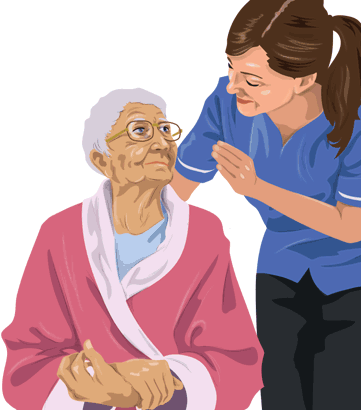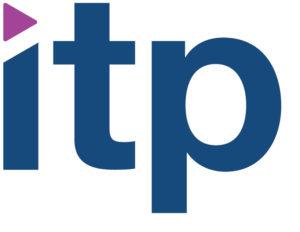

Trusted & Reviewed
4.7 / 5.0 |score based on 61,279 total reviews.
This Safeguarding Vulnerable Adults Course learning outcomes include; Learn how to safeguard potentially vulnerable adults. The types of abuse and neglect they experience including the signs and symptoms, and key considerations on mental capacity and opportunities for mis-use of power. How to respond, record evidence and report allegations of abuse and neglect in vulnerable adults using a person-centred approach.
Learn more.
Key-points of ESP Training
Pricing
Bulk Pricing Explained
Organisations, Groups and Businesses training 25 or more people with this course pay £18 per person.
Larger orders from Agencies & Enterprises, training 100 or more people with this course, only pay £8 per person.
These bulk discounts are automatically applied at checkout for your convenience.
Our clients trust us to deliver and guide them through their workplace training.









This online course includes all of the 8 lessons above. It is designed to develop the trainees Safeguarding Vulnerable Adults skills for health and safety compliance in the workplace, providing valuable real-world learning outcomes at a high speed. It's used by individuals, groups and businesses to train their workforce across industries including Government & Institution, Charities & NGO, Travel & Leisure, Care Homes & Domiciliary Care, Hospital Recruitment, among others.
Provided by ESP Training based in Kent, it's accessible at anytime online from an internet connected device at work or home, such as a computer, tablet or smart phone. Teams have access to a highly rated LMS and all successfully completing trainees achieve a Certificate of Completion.
—Learn about the core aims of adult safeguarding, who is an at risk or vulnerable adult. What abuse is and what constitutes harm. Understand how the adult victims of abuse and neglect often feel trapped by a fear of speaking out and learn how to recognise the signs and symptoms of abuse, vulnerability and neglect, and the warning signs which might be an early indicator.
Understand the role of the Independent Safeguarding Authority (ISA), the Safeguarding Adults Board (SAB), DBS disclosures and what constitutes ‘Regulated Activities’. Learn about the intentions of ‘No Secrets’ and the guidance issued under the Care Act 2014, and how not reporting results in an act of omission, which is considered neglect and abuse.
Learn about how abuse and neglect occurs, including Honour Based Violence, Modern Slavery and FGM and understand how taking a Person-Centred approach to collecting and recording evidence is crucial. We explore the opportunities for mis-use of power, and the impacts upon the vulnerable adult. How to take immediate steps for protection including reporting, and how an inter-agency approach will support the process. We learn how to take a person-centred approach, focusing on communication factors where learning disabilities are present. We look at how evidence can be admissible in court to ensure effective recording of evidence. Explore the difference between Safeguarding and Protection and the 6 key principles that underpin all adult safeguarding work.
Learn about The Mental Capacity Act 2005 (MCA) and Deprivation of Liberty Safeguards (DoLS). Explore what is mental capacity; lacking capacity; and what is meant by fluctuating capacity, and how to use the 2-stage test when an assessment of capacity is triggered.
We explore examples of the day-to-day choices and bigger life-changing decisions you can make in a safeguarding adults environment and how to use the framework of “The Five Principles” and the Best Interests Checklist for sensible decision making with someone with learning disabilities.
Course Tags: level 3, safeguarding, protection, behaviour, maltreatment, vulnerable, crb, dbs, exploitation, health and safety, abuse, harm, neglect, negligence, stress, welfare, learning disabilities, person-centred, evidence,
Book a free consultation with an experienced specialist to find the right course or create bespoke custom training for your team, there's no commitment.